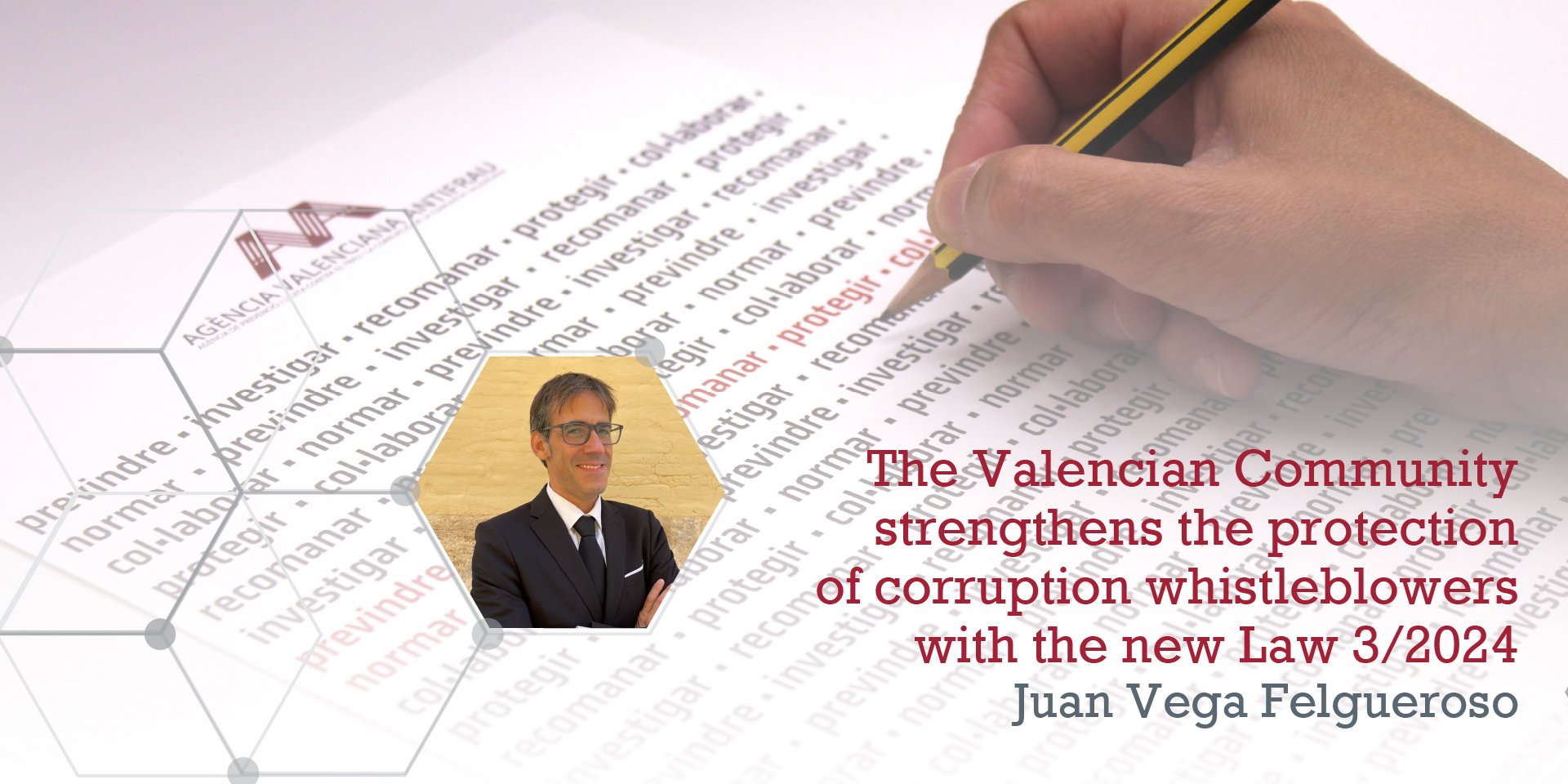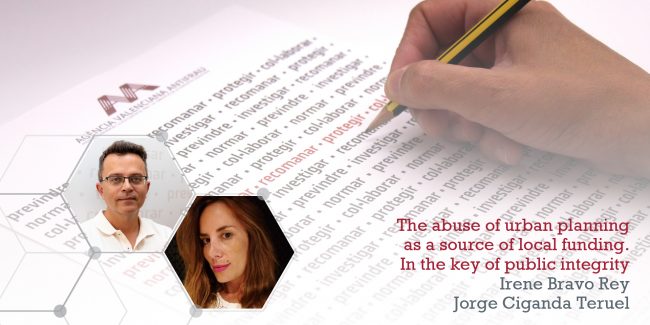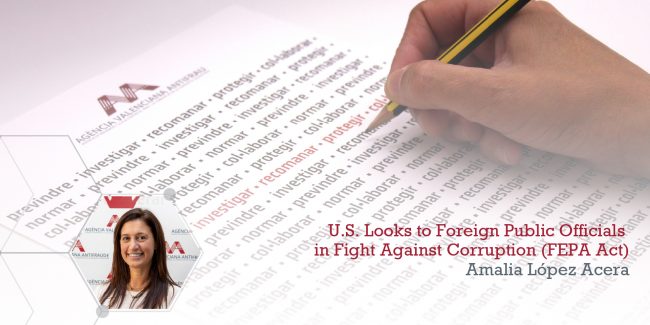On 21 January 2009, Barack Obama began his term as President of the United States with a speech in which he pledged that his term would be governed by transparency, participation and collaboration. These three pillars would define the open government model that has permeated public policies around the world ever since.
Many of the actions, movements or decisions that are taken in one part of the world have their influence on the rest, especially if the one who makes them is a power like the United States.
Thus, in the field of the fight against corruption, we saw how during the 70s the succession of several corruption cases in the United States led the Securities and Exchange Commission (the equivalent in our country to the CNMV) to carry out an investigation that revealed that more than 400 companies had paid millions of dollars in bribes to public officials.
The direct consequence of this investigation was that in 1977 the U.S. government passed the Foreign Corrupt Practices Act (FCPA), which became one of the main tools in the fight against corruption and is considered the “mother” law of compliance. From the point of view of its application, the FCPA attacked corruption from the perspective of active bribery, that is, from who offers the bribe.
It took until December 14, 2023 for the U.S. Congress to approve the Foreign Extortion Prevention Act (FEPA), which fills the loophole left by the FCPA by regulating passive bribery, i.e., the solicitation of bribes by a foreign public official.
Thus, while the FCPA applies to individuals and companies that pay or agree to pay bribes to foreign officials in exchange for business; FEPA makes it a crime for a foreign government official to demand, receive, or agree to receive a bribe from a U.S. company or individual. And it’s not just cash payments that are collected as bribes, “anything of value” is also included.
Foreign officials who solicit or accept bribes from U.S. entities could face up to $250,000 in fines and up to 15 years in prison.
The rule applies in addition to foreign government officials, to the “high-ranking political figure” that includes senior officials of political parties and senior executives of companies owned by the foreign government.
For the first time, and this is one of the novelties of the FEPA, the criminal liability of foreign public officials is included, which means that this rule has extraterritorial scope, although it remains to be seen what fit extradition agreements or power relations between governments have here.
The approval of the FEPA is part of the Biden Administration’s policy of fighting corruption as a key element of U.S. national security, positioning this country as one of the most advanced in the fight against corruption as it aims to eradicate foreign corruption at its source.
In this framework, the Biden Administration also approved the so-called 2021 Strategy to Counter Corruption, which together with FEPA provides the Department of Justice with new legal tools that allow it to criminally prosecute corrupt foreign officials who often escape justice in their countries of origin.
The FEPA has been approved as part of the National Defense Authorization Act for the year 2024, which in our country would be equivalent to the accompanying law, and had the support of both Republicans and Democrats, which shows how all American political parties join forces in the fight against corruption.
In the same way that the passage of the FCPA led to the birth of compliance and a greater awareness of the importance of the fight against corruption, it is expected that this new FEPA will also be a boost towards greater levels of ethics and integrity around the world.
Amalia López Acera
Head of institutional relations, communication and participation unit of the AVAF




